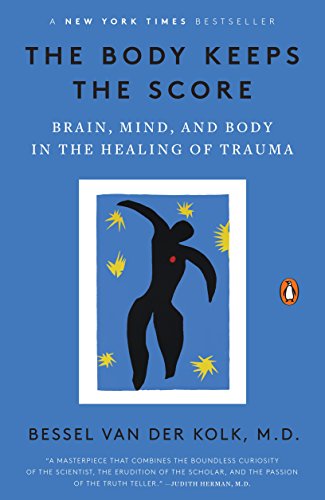
Besides, a flurry of that kind was practically an obligatory incident at a certain stage of any good pirate-treasure story, and the Saint was rather a traditionalist about his stories. He liked to feel that all the time-honored trimmings were in their proper place. It encouraged a kind of light-hearted certainty that virtue, which of course he represented, would be triumphant in the end.
I think I’m going to have to re-think my opinion of Simon Templar, the Saint, Leslie Charteris’ famous thriller (I won’t say detective) hero. When I was a boy, Roger Moore represented the Saint, and I’ve never much cared for Roger Moore. Always found him unaccountably lightweight. Still not sure why. But a Kindle edition of the story collection, The Saint on the Spanish Main, came up at a cheap price, and I read it and quite enjoyed it.
The Saint on the Spanish Main is a collection of six short stories, all set in the Caribbean. Most of them were written in the period 1952-1953, when author Leslie Charteris had recently married his fourth wife. He was aging by then and had largely given up on writing, but the relationship seemed to invigorate him. The couple traveled much in the Islands, inspiring these stories. By and large they are well-written, efficient, and tight, with plausible characters and a strong sense of justice motivating the hero. The Saint was originally conceived as a kind of puckish trickster, but gradually developed into something smoother and darker. He’s often described as a Robin Hood character – he seems to have plenty of money that enables him to travel, so he mostly waits for Fate to throw some evil in his path. Then he does something about it. Very often, these are “sting” stories. Unlike your average police detective or private eye, the Saint does not hesitate to take justice – even capital punishment – into his own hands.
It seems that whenever you review old books, you have to provide warnings about treatment of race. There are cringe moments in this book, as you’d expect considering the time and locale, but I think it’s educational to understand how people talked in those days. Also, it should be noted that author Charteris was himself Chinese-English, and had grown up ostracized due to racial prejudice, a circumstance that turned him into a reader. (He had a brother, by the way, Roy Henry Bowyer-Yin, who was an Anglican priest and hymn writer.) Simon Templar has a habit of referring to villains as “the ungodly,” but religion is generally avoided, except in the final story, which deals with voodoo. A notable moment of implausibility in another tale involves a giant octopus, which doesn’t stand up in light of what we’ve since learned about those shy cephalopods.
I need to read some more books in the Saint series. This was fun.





